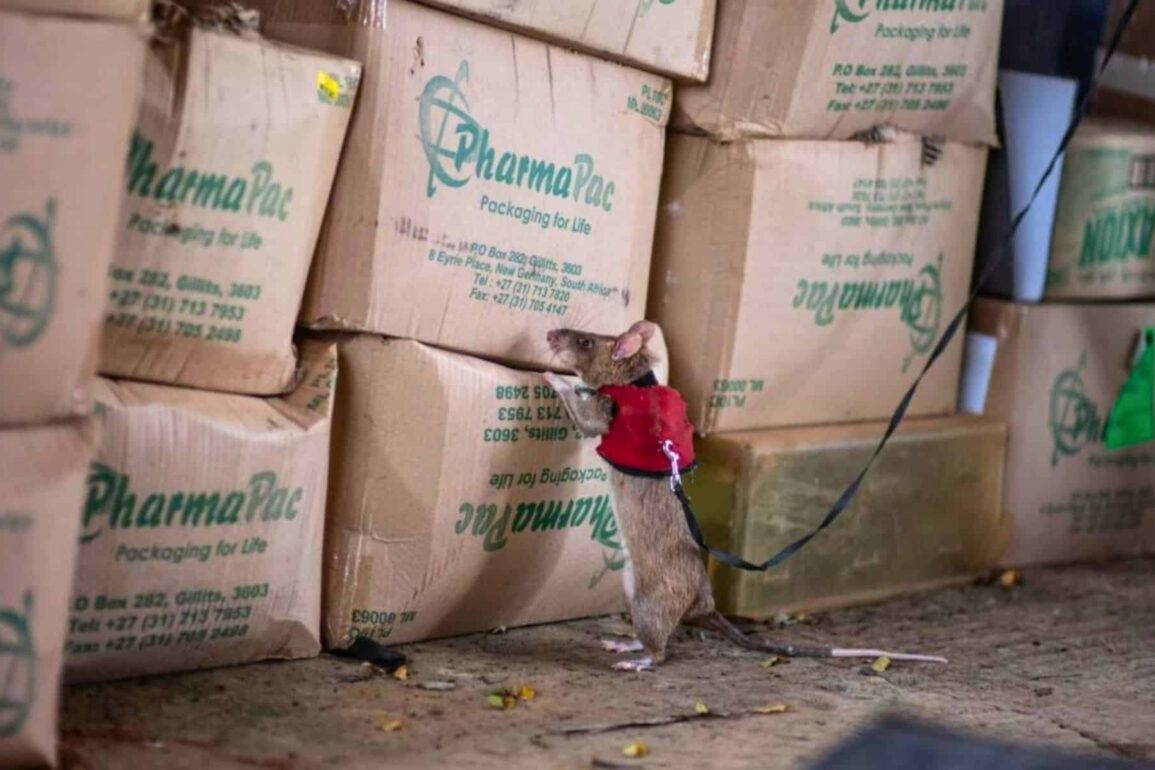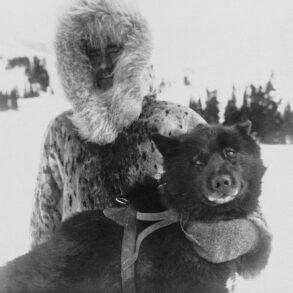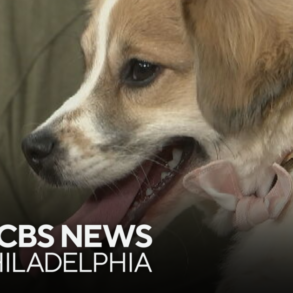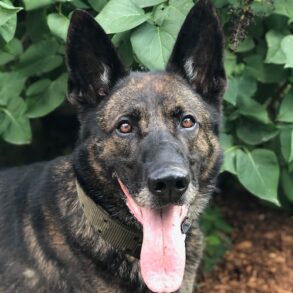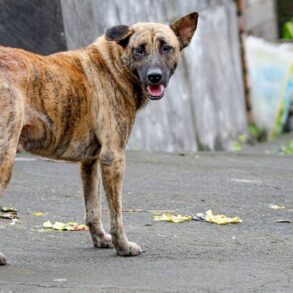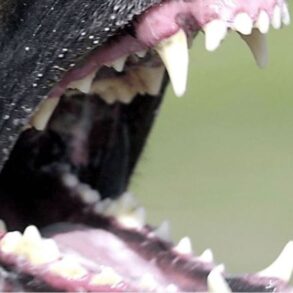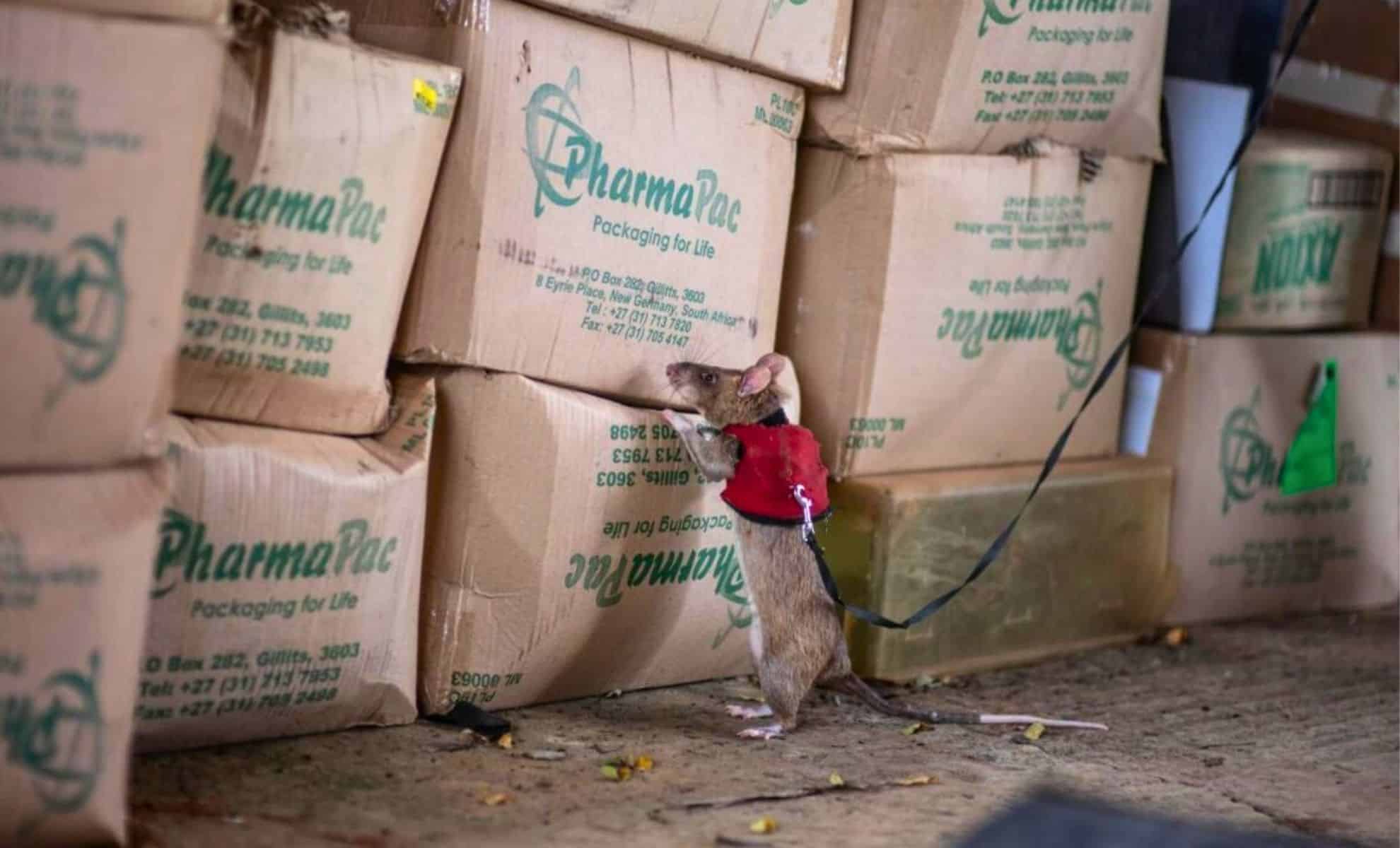
The fight against wildlife trafficking, one of the most lucrative illegal trades worldwide, has a new and unexpected ally: African giant pouched rats. Trained to detect illicit wildlife products such as pangolin scales, rhino horns, elephant ivory, and rare hardwoods, these rodents could revolutionize the way authorities combat illegal trade.
A recent study published in Frontiers in Conservation Science highlights their potential as cost-effective and highly efficient detection agents, capable of sniffing out contraband hidden among legal shipments.
A New Weapon with a Powerful Nose
Wildlife traffickers have long relied on sophisticated concealment methods to smuggle endangered species and their parts across borders. Authorities typically use sniffer dogs and X-ray scanners to detect these illegal goods, but both methods have limitations. Dogs require extensive training and high maintenance costs, while scanners are expensive and often struggle to differentiate between organic materials.
Enter the African giant pouched rat (Cricetomys ansorgei)—a species with an extraordinary sense of smell, an ability to work in confined spaces, and a low-cost maintenance profile. Trained at the APOPO Research and Training Center in Tanzania, these rodents have successfully identified trafficked wildlife products, even when concealed among other goods. Unlike dogs, they can be easily transferred between handlers, making them more flexible for deployment in high-risk areas.
Training the Perfect Crime-Fighting Rodent
The study involved eleven rats that underwent intensive training using positive reinforcement. These rodents were exposed to the scents of targeted wildlife products and taught to indicate their presence by holding their noses over samples for a specific duration. Over time, they learned to distinguish between contraband and legal goods with remarkable accuracy.
The results were impressive: the rats successfully detected pangolin scales, rhino horn, ivory, and African blackwood, even when these items were concealed among other materials. Their small size allowed them to navigate densely packed shipping containers, an environment where even the most skilled detection dogs struggle.
Could Rats Replace Sniffer Dogs at Airports and Ports?
The idea of deploying rats as wildlife crime detectors might sound unconventional, but the study suggests they could complement or even outperform traditional methods. Compared to dogs, rats are cheaper to train, live longer, and can be housed in larger numbers at lower costs.
Their ability to work in hot and humid conditions, where canine performance often declines, makes them particularly well-suited for deployment in African and Southeast Asian countries—regions heavily impacted by wildlife trafficking.
If widely adopted, these trained rodents could be stationed at airports, seaports, and border crossings, sniffing out illegal shipments before they reach the black market. Their use could significantly disrupt trafficking networks, making it harder for criminals to move illicit goods undetected.
The Future of Wildlife Crime Detection
With the illegal wildlife trade estimated at $7–23 billion annually, the stakes are high. The deployment of African giant pouched rats could be a game-changer in conservation efforts, offering a cost-effective, scalable, and highly efficient alternative to existing detection methods. While further research and field trials are needed before widespread implementation, these unlikely heroes could soon be on the front lines of the fight against wildlife crime.
Source: frontiersin
Got a reaction? Share your thoughts in the comments
Enjoyed this article? Subscribe to our free newsletter for engaging stories, exclusive content, and the latest news.
This post was originally published on this site be sure to check out more of their content.




